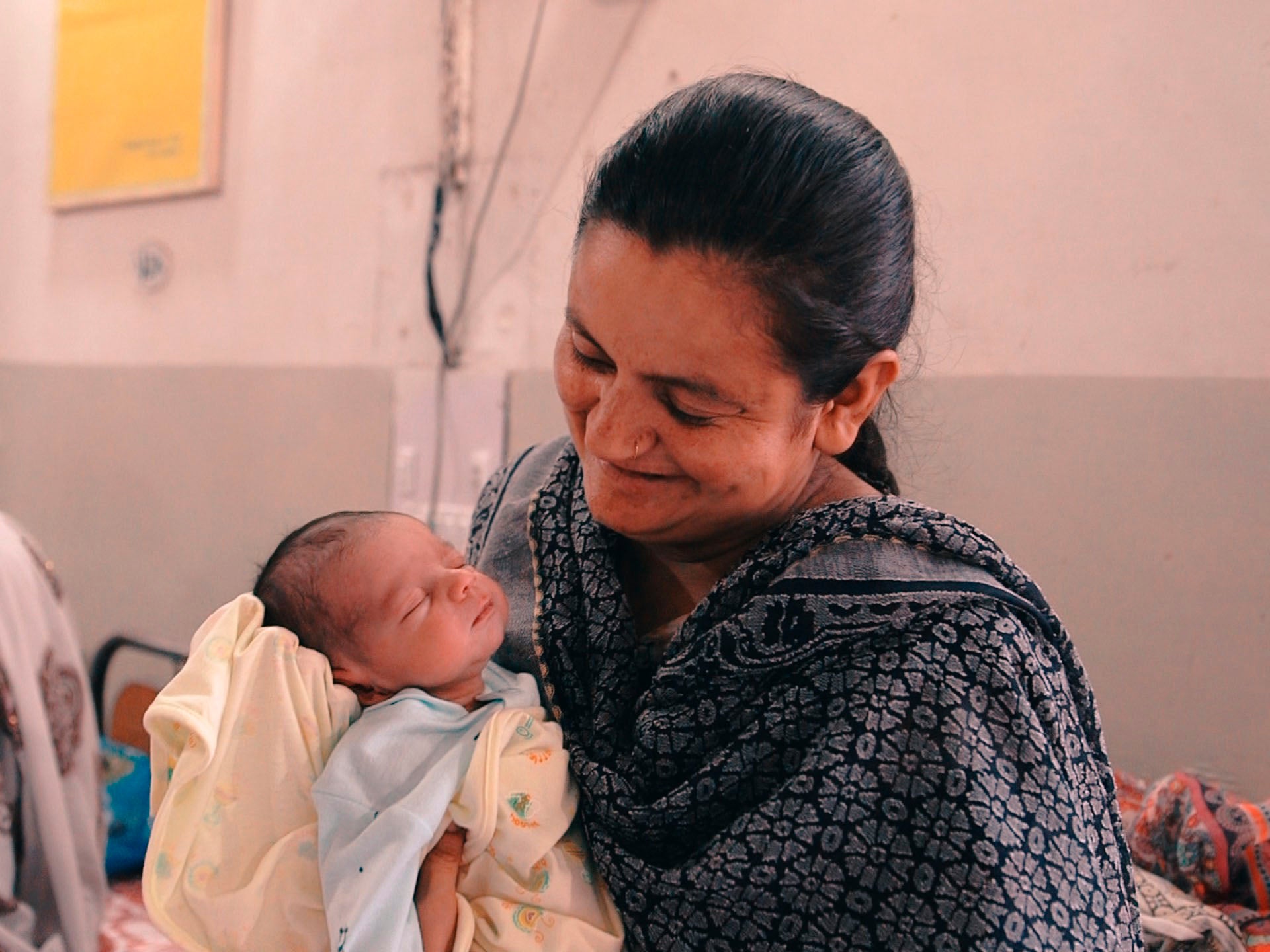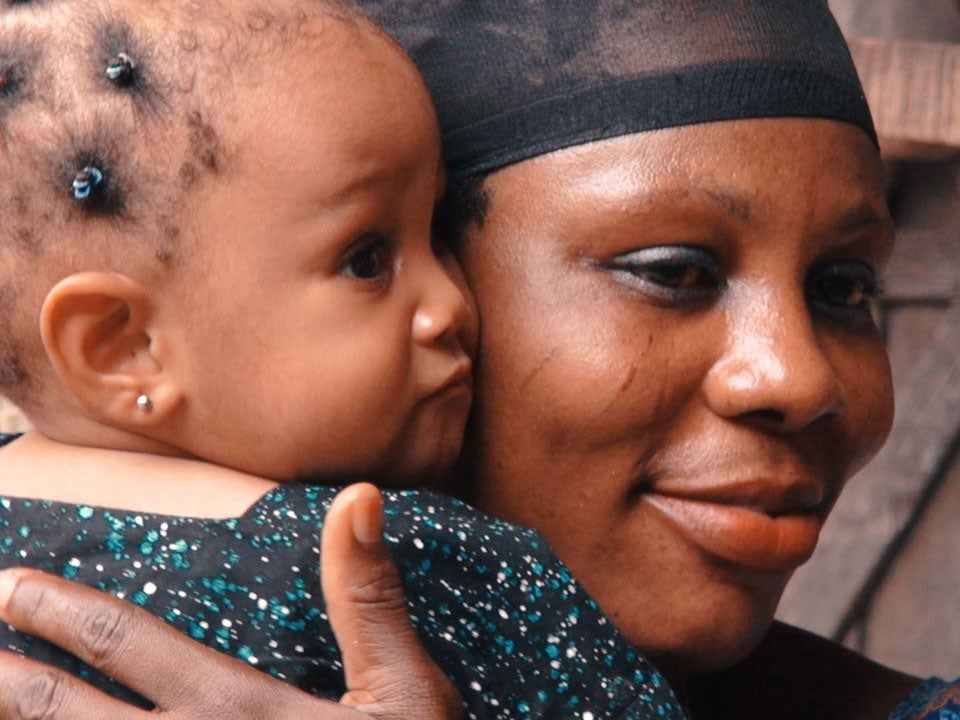Tranexamic acid: Low-cost drug could save thousands of women a year from bleeding to death in childbirth
Simple, safe drug shown to reduce death from bleeding in people with serious injury

Your support helps us to tell the story
From reproductive rights to climate change to Big Tech, The Independent is on the ground when the story is developing. Whether it's investigating the financials of Elon Musk's pro-Trump PAC or producing our latest documentary, 'The A Word', which shines a light on the American women fighting for reproductive rights, we know how important it is to parse out the facts from the messaging.
At such a critical moment in US history, we need reporters on the ground. Your donation allows us to keep sending journalists to speak to both sides of the story.
The Independent is trusted by Americans across the entire political spectrum. And unlike many other quality news outlets, we choose not to lock Americans out of our reporting and analysis with paywalls. We believe quality journalism should be available to everyone, paid for by those who can afford it.
Your support makes all the difference.A low-cost, widely-available drug could save the lives of thousands of women a year if given quickly to new mothers who suffer deadly bleeding, researchers have found.
Severe bleeding after childbirth, or post-partum haemorrhage, is the leading cause of maternal death worldwide. Around 100,000 women die each year from the complication.
A new global study published in The Lancet found deaths caused by bleeding reduced by a third when women were giving tranexamic acid within three hours of the onset of the haemorrhage.
Tranexamic acid is a simple, safe drug previously shown to reduce death due to bleeding in people with serious injury.
The treatment was first developed in the 1960s – but despite hopes it could cut maternal death rates, no trial was conducted due to a lack of interest among doctors at the time, said the scientists at London School of Hygiene & Tropical Medicine.
“We now have important evidence that the early use of tranexamic acid can save women's lives and ensure more children grow up with a mother,” said Professor Haleema Shakur, who led the trial.
“It's safe, affordable and easy to administer, and we hope that doctors will use it as early as possible following the onset of severe bleeding after childbirth.”

The drug, which has no negative side-effects, was invented Shosuke and Utako Okamoto, a Japanese husband and wife research team.
More than 20,000 mothers participated in the study, which found maternal mortality was reduced by 19 per cent with the use of tranexamic acid.
Researchers said the figure rose to 31 per cent if the drug was administered within three hours of birth.
The trial took place in 21 locations, including countries with some of the highest rates of maternal mortality.
Some 98 per cent of maternal deaths occur in around 75 low and middle-income countries, where hysterectomy is often performed to treat mothers suffering from haemorrhage.
According to World Health Organisation (WHO) data, Sierra Leone is the country where most women die giving birth, followed by Central African Republic, Chad, Nigeria and South Sudan.
In 2015, there were around 300,000 deaths from complications related to pregnancy and childbirth, according to the WHO.
This has reduced from an estimated 532,000 in 1990, but the organisation said more progress is needed to meet the United Nation’s Sustainable Development Goal to reduce the global maternal mortality ratio to less than 70 per 100,000 births.
Join our commenting forum
Join thought-provoking conversations, follow other Independent readers and see their replies
Comments